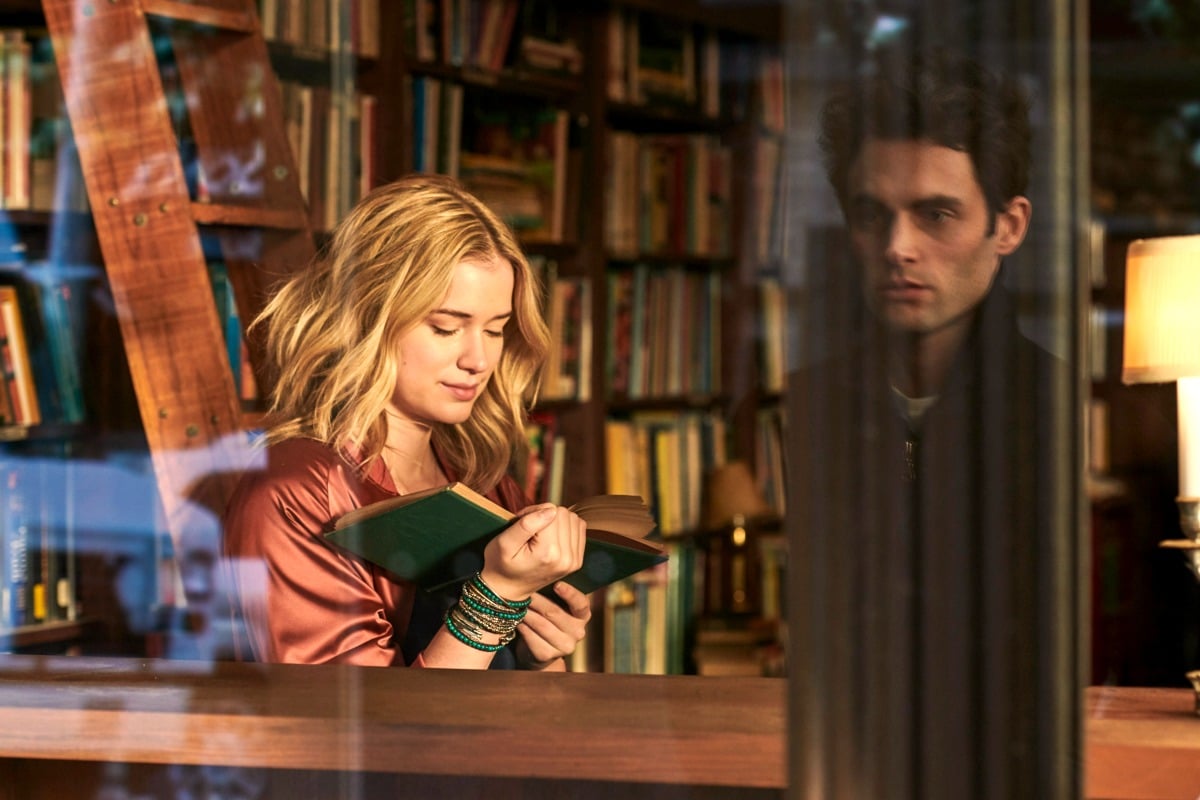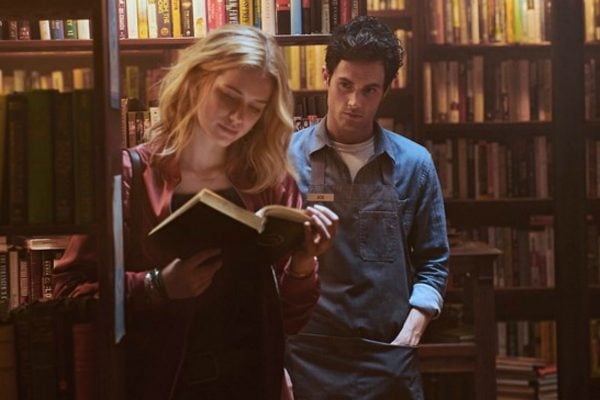
This week, many people in Australia are taking part in a web of contradictory and public lies.
One one hand they are actively voicing their concern, outrage, and sorrow over the death of Israeli student Aiia Maasarwe in Melbourne , who is believed to have been attacked while walking home at night, chatting to her sister on the phone.
They are also tearfully following the abduction and escape of Jayme Closs, the 13-year-old Wisconsin girl who was taken from her home after watching her parents be murdered by a man who then kept her imprisoned under his bed.
Also in the thoughts of these same people no doubt is Melbourne comedian Eurydice Dixon, whose body was found in a suburban park in June 2018 after she was followed home, raped and then murdered.
Of course, these horrific news stories should never leave our minds, just as the names of these women should be forever on our lips, they deserve both our outrage and our continued calls for action.
However, in this same week and adjacent to these events, thousands of people in Australia are also devouring, eagerly discussing and even waxing lyrical about the “thrilling and sexy new stalker drama” YOU on Netflix.
In YOU a seemingly shy and charming bookstore manager named Joe Goldberg (played by Penn Badgley) meets and falls for aspiring writer Guinevere Beck (played by Elizabeth Lail) against the backdrop over everyone’s favourite rom-com city, New York.


Top Comments
In 1991, Bret Easton Ellis published a book called "American Psycho", a first person novel about a sadistic serial killer. It portrayed him as an incredibly, shallow, banal, self-centred individual. Feminists were outraged because the book described graphically, almost clinically, the horrible things he did to his victims.
Six years earlier, Patrick Susskind published "Parfum", another novel about a serial killer who stalked and murdered women. I confess, I've never read it, but my impression of it was that the killer was portrayed as a mysterious, almost godlike creature, driven by desires that were incomprehensible to us mere mortals. There was no outrage.
I always felt the "feminist" critics had it backwards.
While I appreciate your perspective and definitely see some truth in it, personally I think the series showed it’s viewers another side to killers that isn’t always shown on the big screen (not always, not never). It can show that the danger isn’t always in the creepy looking man following you home late at night, or the guy that has always just given you the creeps. In Australia, on average one woman a week is killed by a partner or former partner - someone they once or still did find attractive. I think the show did well in showing how while Joe had redeeming traits ultimately he was still a killer and not even his love for Beck could save her. Yes, there was holes in the plot and the fact that joe was often very likeable was confusing for the viewers but I think it was a good thing. If anything it can start a conversation, like this, about what signs to be wary of, regardless of who are giving them off - the creepy guy in the corner or the attractive guy you welcome into your bed.
I hadn’t heard anything about You, but your comment intrigues me. I might watch it. Tom Meagher wrote a powerful piece called “The Monster Myth” after hearing Jill’s killer speak in court. It’s a very good read, deeply thought-provoking. I think of it quite often.